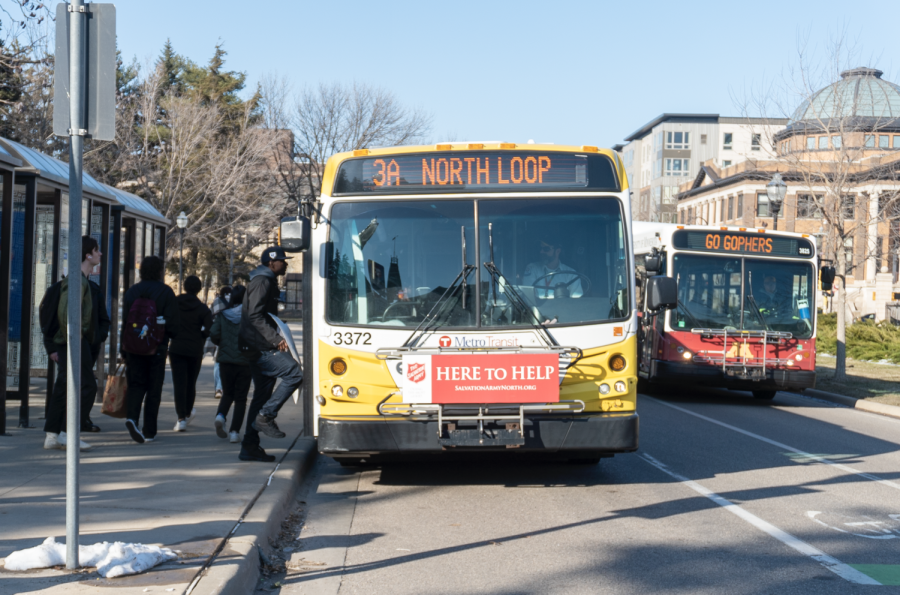A new initiative sponsored by 40 groups from across the state seeks to improve road safety and accessibility for motorists, cyclists and pedestrians through better planning of construction projects. The Minnesota Complete Streets Coalition is calling for modifications, including more frequent crossing opportunities, wider bike lanes and curb extensions, to be included in road project planning. The coalition met Saturday at Macalester College to discuss plans for the upcoming legislative session. Presenters at the meeting claimed that too many roads are not safe for all users and fail to provide access for people of all ages and abilities due to a lack of foresight in planning. The coalitionâÄôs main goal is to pass a statewide Complete Streets policy during the 2010 legislative session. If a bill is passed, the group would then work to monitor statewide implementation of roadway upgrades and repairs. Bills have been introduced to the Legislature for 2010 that would require road engineers to consider transportation needs specific to the communities theyâÄôre working in, said Brian Elder, co-leader of the Minnesota Public Interest Research GroupâÄôs sustainability task force. Proposed road repairs would differ based on the needs of the community, and Elder said the project isnâÄôt just about adding bike lanes to roads. Instead, the plan encourages developing a system that considers the needs of motorists, bicyclists, pedestrians, transit users and freight cars. âÄúAs road construction projects happen, we need to think about the safety and accessibility needs of all users,âÄù Complete Streets lead coordinator Ethan Fawley said. Complete Streets implementation would be affordable, Fawley said, because it would be applied on already-planned construction projects, and the increased costs would be offset by the benefits of the project. Second-year Hamline University student and Minnesota Public Interest Research Group member Lisa Fralish said she got involved with the initiative because she supports making streets more accessible for students and residents. With development starting on the Central Corridor Light Rail Transit project, she said itâÄôs even more important to have a flexible road construction plan that supports different types of transportation.
















